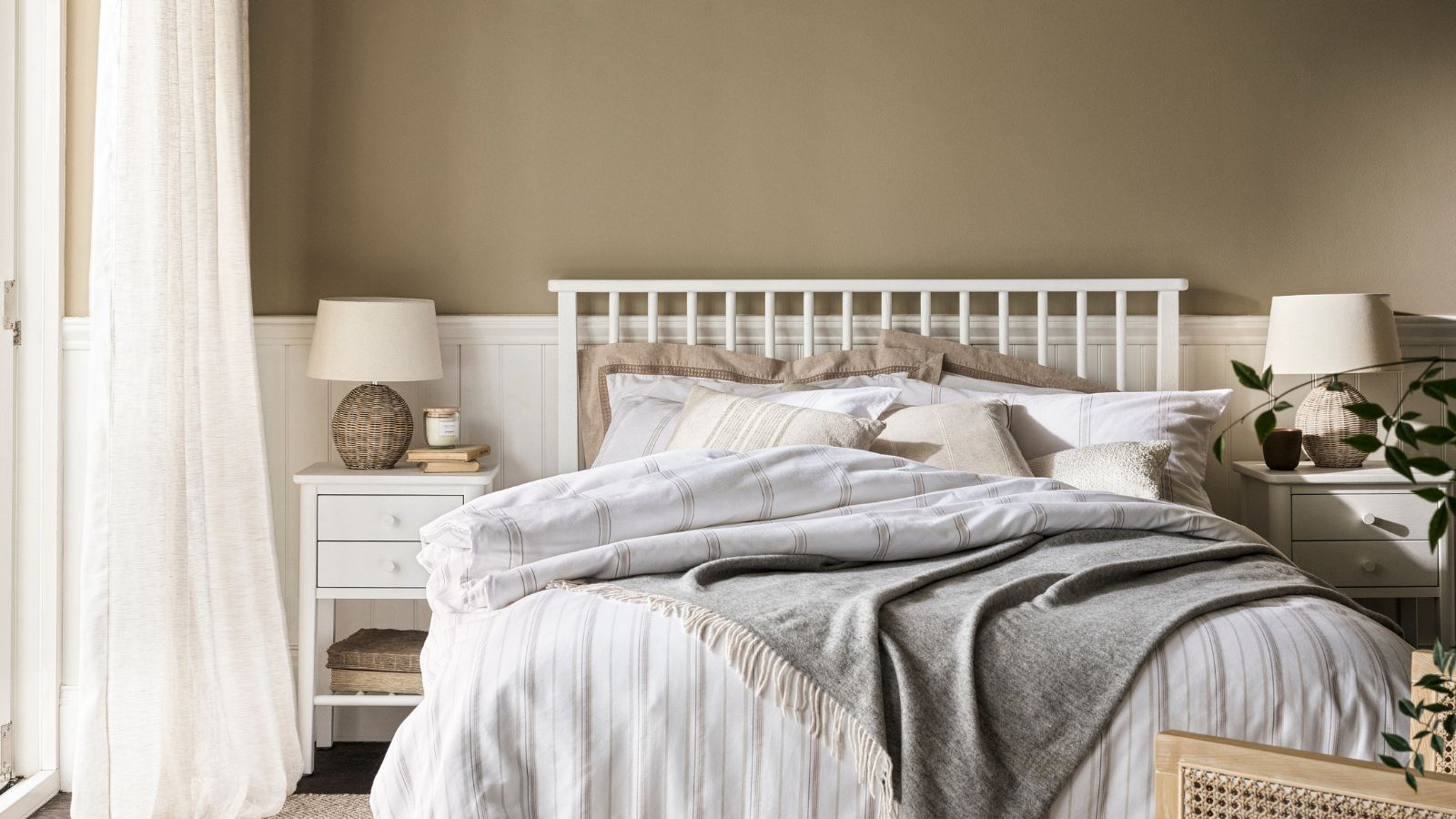
I spend my life thinking, learning and writing about decluttering. I talk to all the experts, try out all the methods and challenges, and yet I still struggle with ‘stuff’. It’s everywhere, and it’s overwhelming.
While I wouldn’t call myself a wannabe ‘minimalist’ by any stretch of the imagination, I have been gravitating towards the teachings of The Minimalists, the ultimate authority on living with less. Their Netflix documentary Less is Now, has surprisingly given me the answers I needed to solve my constant clutter problem.
These are the five major life lessons I learned from the show, and why they're better than most other decluttering tips I've heard so far.
5 lessons I learned from 'Less is Now'
If you are anything like me, then you might assume that minimalism is about living in a stark, empty home with nothing but the bare essentials to cook, shower, and sleep. However, looking into the homes of The Minimalists themselves, Joshua Millburn and Ryan Nicodemus, I was pretty surprised to see that they still had ‘stuff’.
Their homes were comfortable, with all the things they needed to live a fulfilling life with their families, from the real essentials such as comfortable furniture down to entertainment tools, namely game consoles and lots of books.
My interest was piqued by the fact that you can be a minimalist without throwing everything away, and I settled in for the next 45 minutes.
1. Stuff replaces things that actually make us happy
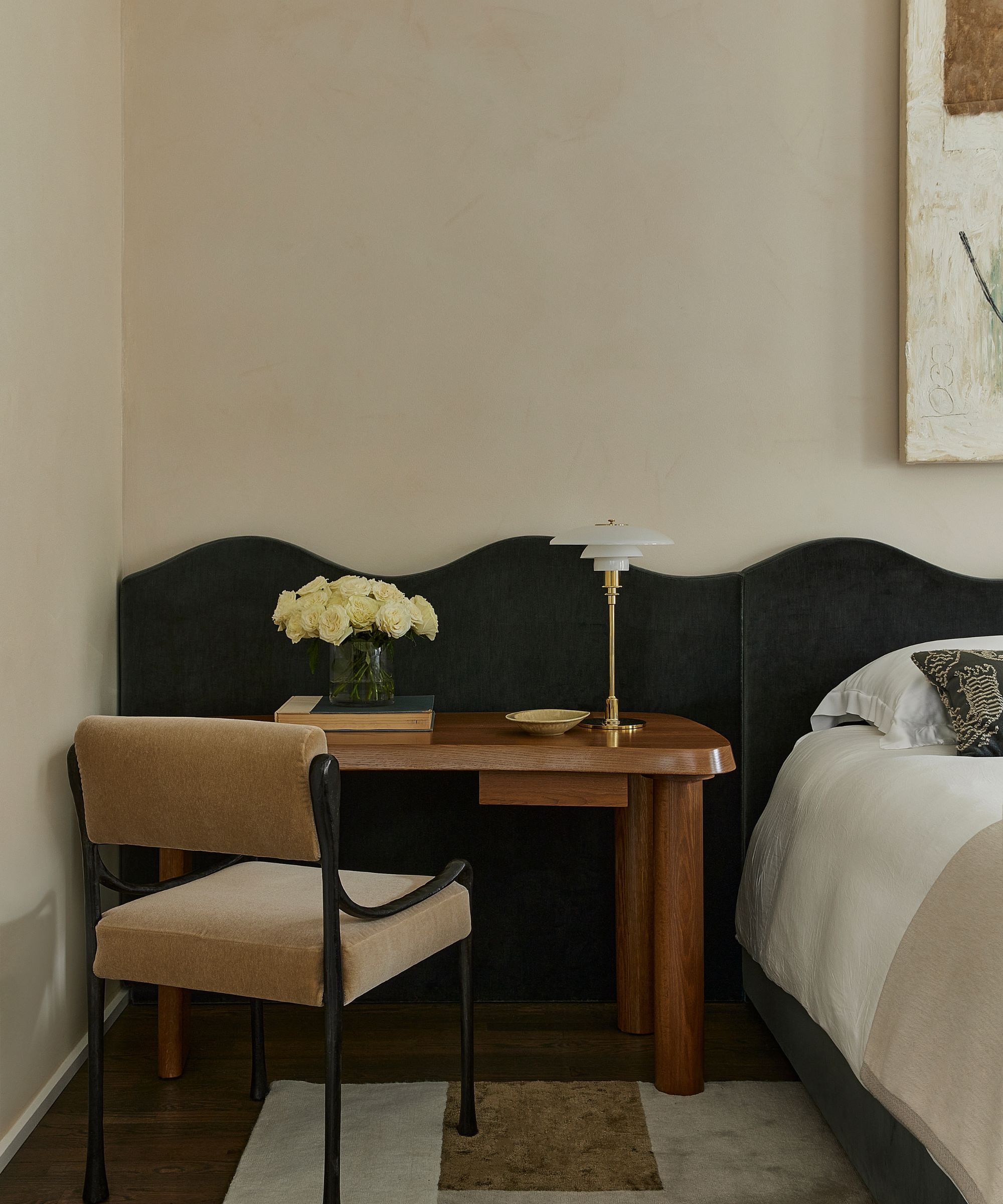
I have always completed the well-known saying ‘money doesn’t buy happiness’ with ‘but it is nicer to cry on a yacht’. I thought it was hilarious, but it really pointed to a deeper problem I had with spending and accumulating clutter. It was a sign I was losing control of clutter that I had been willfully ignoring.
As Dave Ramsey, author of The Total Money Makeover says in the show, ‘If you find yourself thinking, “If I buy that car, then I’ll be happy,” or “If I move into that house, I’ll be happy,” or “If I had those new drapes, I’d be happy,” then that means you’re worshipping at the altar of stuff. You’ve officially contracted the disease of "stuffitis." It's in competition with the things that really matter.’
Previously, I had never considered my wandering thoughts about buying a new sofa or a designer handbag as anything sinister. But watching the show made me realize that thinking through debt plans and saving sacrifices to afford replacements of items that worked perfectly fine probably wasn’t healthy, nor should it be normal.
Do I want to spend $1,000 on a new sofa in the hopes it will make my home look expensive to my friends on the odd occasion they come to visit? Does a designer handbag, my favorite influencer flaunts fit my lifestyle as someone who prefers to use pockets? Or would I prefer to put that money towards a trip with my partner that we will remember forever?
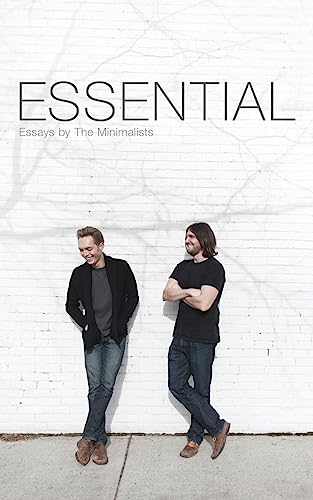
This book by The Minimalists Joshua Fields Millburn & Ryan Nicodemus collects the most relevant essays from simple living, decluttering, and finances, to passion, health, and relationships. Essential is for anyone who desires a more intentional life.
2. The brain normalizes purchases
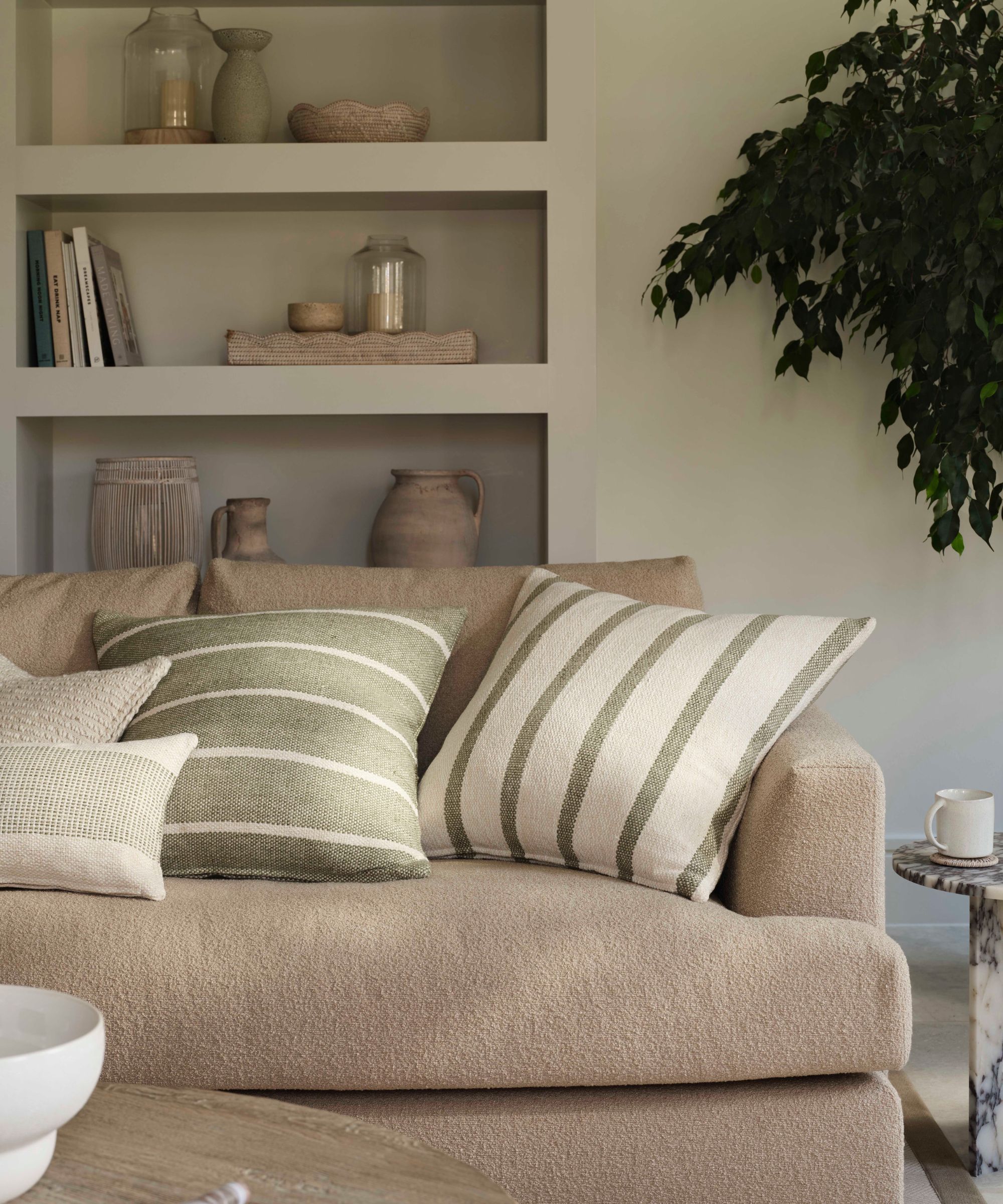
Studies analyzed by Psychology Today pointed out that dopamine is released when the brain anticipates a reward – which explains why racking up all the items in my online shopping baskets always feels addicting.
By the time the items arrive, be it a new piece of tech, new clothes, or most recently, my new dining table, the effect wears off, and I am back to adding items to my cart again.
The Minimalist’s co-founder Joshua Millburn spelled it out for me in the show, explaining, ‘When we get all the things we want, we often realize we were wrong in predicting how happy they would make us. The brain normalizes those things after a few months, and before long, you have a new set of desires and dreams. What’s the ceiling today becomes the ground floor of the next level you're striving to reach.’
The end result is always the same – I have to declutter my home, and I end up with decluttering regret, pondering over all the money I wasted on items that didn’t fix anything at all. I certainly needed to hear this little life lesson to help stop clutter before it starts.

Staying organized is key to living life more simply, plus, using a planner and writing down your goals is one of the best ways to set yourself up for a successful decluttering session. This Papier journal comes with daily to-do lists, habit trackers, and goal-planning sheets to help you set targets and foster healthier routines.
3. Simplicity is not easy
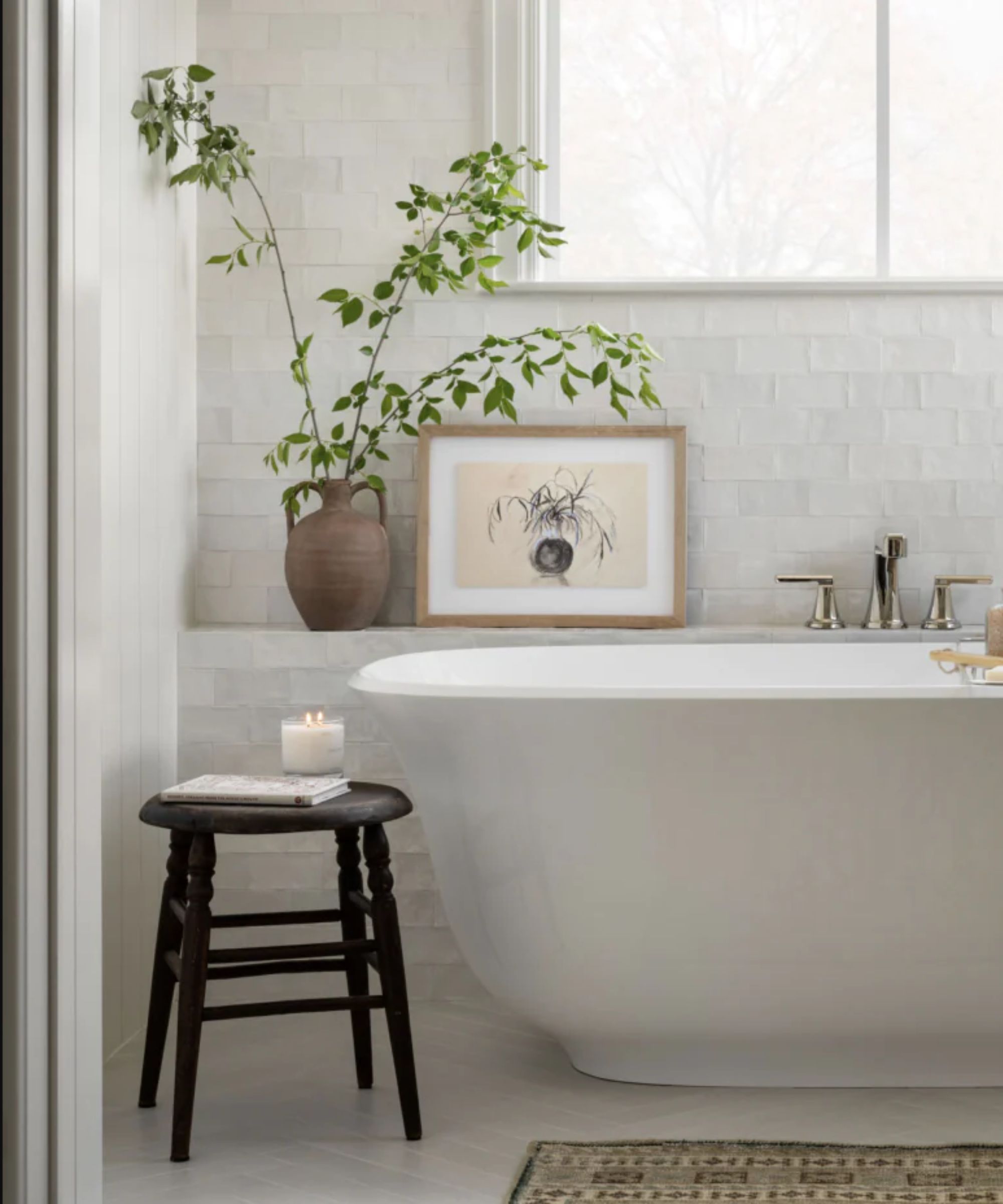
I have certainly tried decluttering a whole house in a day in an attempt to cut out all the mess and start anew, but the clutter finds its way back in after a while. Whether it's through my three successive failed clothes buying bans (the fourth is still going strong, I am proud to say), or cheeky trips to the mall with friends to ‘look around’, I always give in to the impulse to shop.
I have infamously beaten myself up for it, wondering if it was just me that was the problem – until Less is Now, that is.
Ryan Nicodemus, The Minimalist’s co-founder pointed out, ‘We often confuse simplicity with ease, but it is actually the exact opposite. Living a simple life requires a lot of work. It takes a lot of effort to be intentional. What’s easy is simply going with the flow.’
In a world where information is thrown at us from every angle, with influencers and advertisements constantly ‘getting you to choose before you think,’ I will have to practice saying no and be a little gentler with myself to truly encourage minimalism at home.
4. ‘Our memories are not in our things’
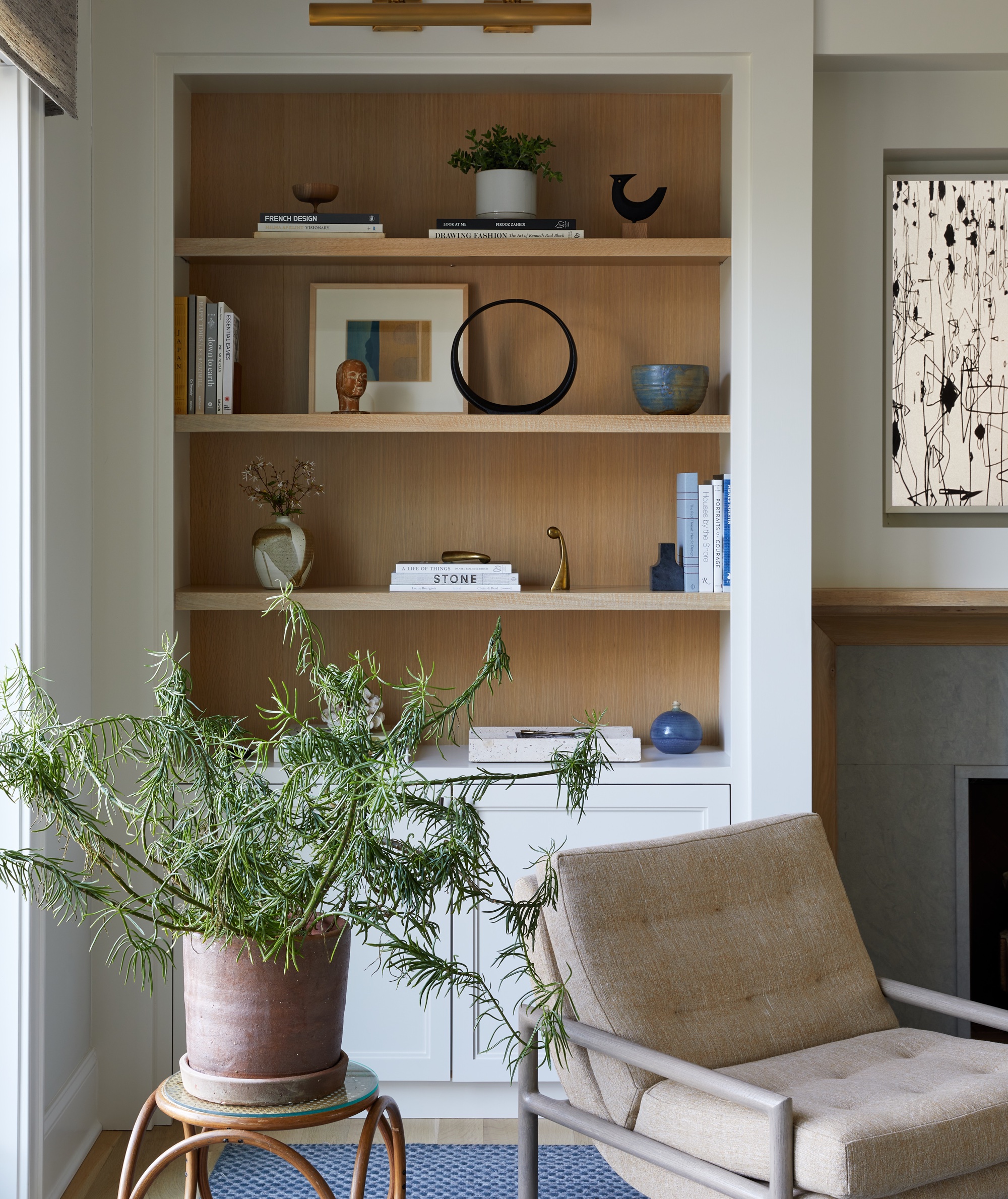
My parents are sentimental hoarders. I know I am calling them out here, but they will struggle to deny it.
My dad’s mancave is full of almost every picture I ever drew as a child, and their attic storage is stuffed with my old toys and games that we can’t bear to part with. This is a habit I have picked up and taken to the extreme. For every vacation or day out, I keep the ticket stubs, maps, cafe packaging – you name it, I keep hold of it and shove it in a box in an attempt to hold onto the memories.
As Joshua reminded us, however, ‘Our memories are not in our things; our memories are inside us.’
Decluttering sentimental items is difficult, there are no two ways about it, but he is right. How often do I go back into that box to look at everything I keep hold of? At most, I will flick through my phone’s camera roll to look back on past trips, but the box sits collecting dust, and often just gets in the way.
What strikes me most is some of my favorite memories from my childhood aren’t connected to any of the items we kept hold of. Instead, they are the moments we didn’t capture – for example, the giant tipi tent my dad built in my living room on a quest to make the best den or the clay sculptures I would make with my friends at the kitchen table – small things I am randomly reminded of in passing.
I suppose I need to be more ruthless when decluttering and tackle this common type of clutter next.
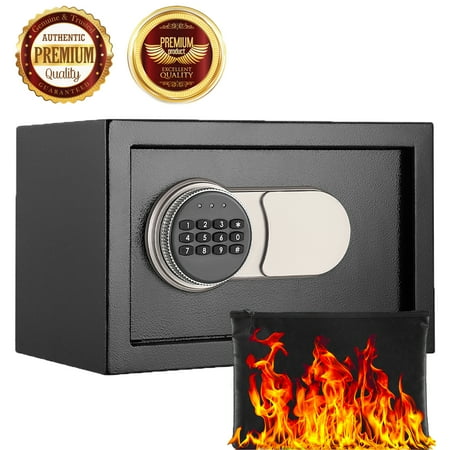
There are some sentimental and expensive items that we won't want to part with. Keep them in a fireproof safe to help protect them from damage even in an emergency.
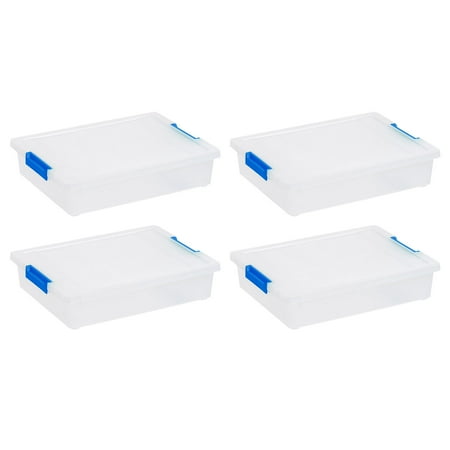
As much as we might want to say goodbye to paperwork altogether, some important documents need physical copies. Using smaller paper storage boxes like these prevent us from hording too much of it while keeping the essentials safe.

Digitizing photo collections isn't for everyone. Keep them neat and easy to flip through by using secure photo albums, which can live on your bookshelves to show off to family with ease.
5. Decluttering goes deeper than clearing out stuff
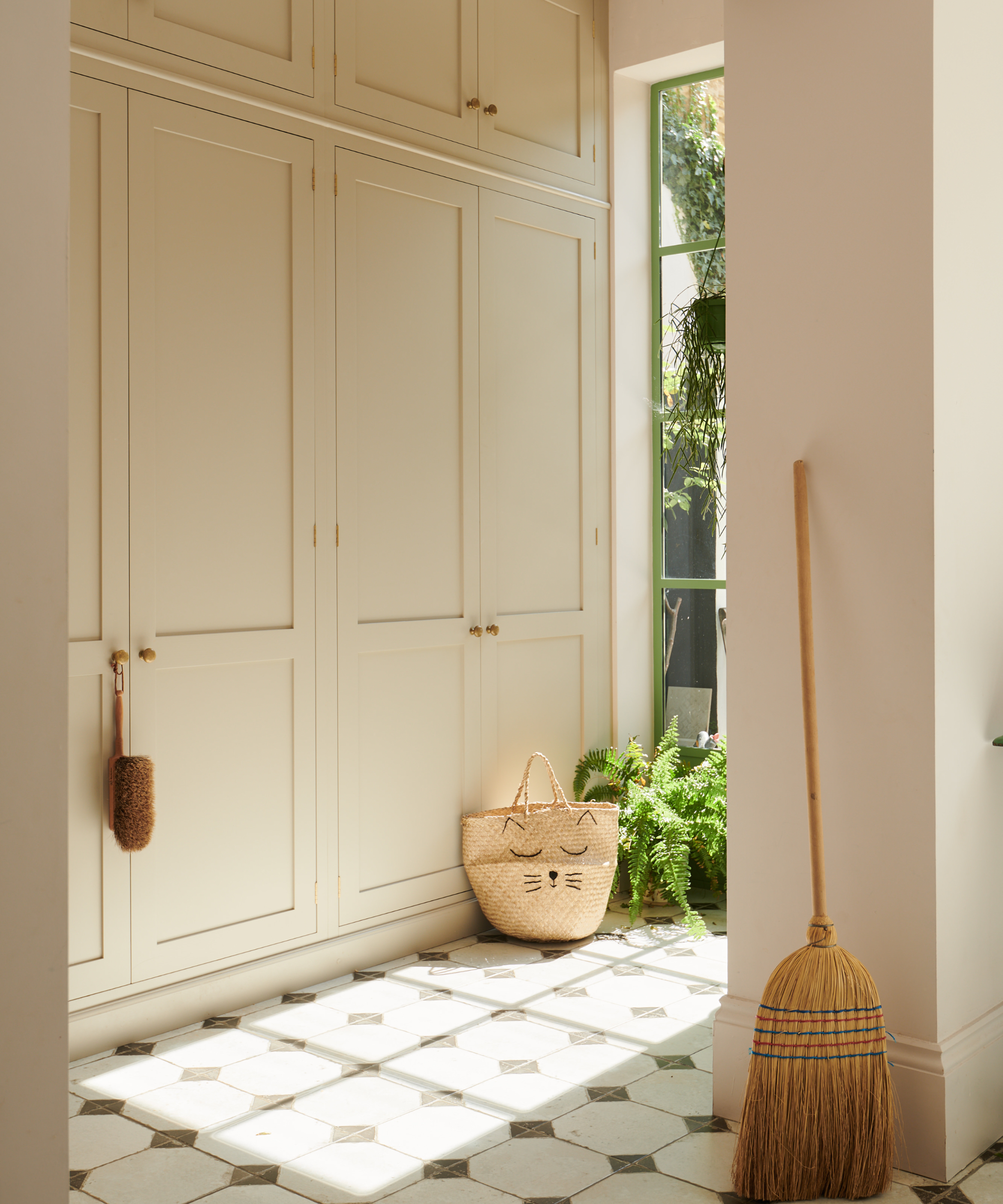
Writing about decluttering every day meant that I fell into the trap of seeing it superficially. You get stressed, throw out a load of items, and feel calmer. It’s a quick fix. But the underlying issue often remains unresolved, and before long, clutter starts to creep back in.
However, Joshua shared, ‘With all that clutter cleared away, I finally felt compelled to ask myself deeper questions: When did I give so much meaning to all these material possessions? What is truly important in my life? Why have I been so discontented? Who do I want to become, and how will I define my own success?’
These questions to ask yourself when decluttering your home might seem a little over the top when you just want to declutter a closet to make it less infuriating, but neglecting to delve deeper into the cause of the mess will not break the stages of clutter. In fact, without addressing the emotional or psychological roots of our attachment to possessions, we risk simply creating temporary order without lasting change.
I certainly think this basic way of thinking is a big psychological reason clutter builds up in our homes. It leads to clutter blindness which, combined with anxiety over the mess, creates a cycle that’s hard to break.
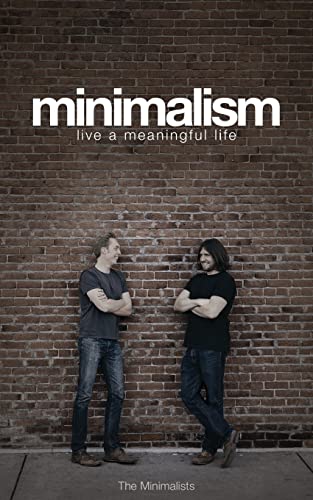
Minimalism: Live a Meaningful Life, by Joshua Fields Millburn and Ryan Nicodemus, recounts how the authors found happiness and a meaningful life after rejecting the “American dream” of wealth and success, and instead embracing minimalism.
Meet The Minimalists
Less is Now has certainly made me see how I shop differently – and these decluttering strategies minimalists swear by might just finally help me sort out my ‘stuff’ problem once and for all.
My most surprising takeaway? Perhaps I am a minimalist after all.







